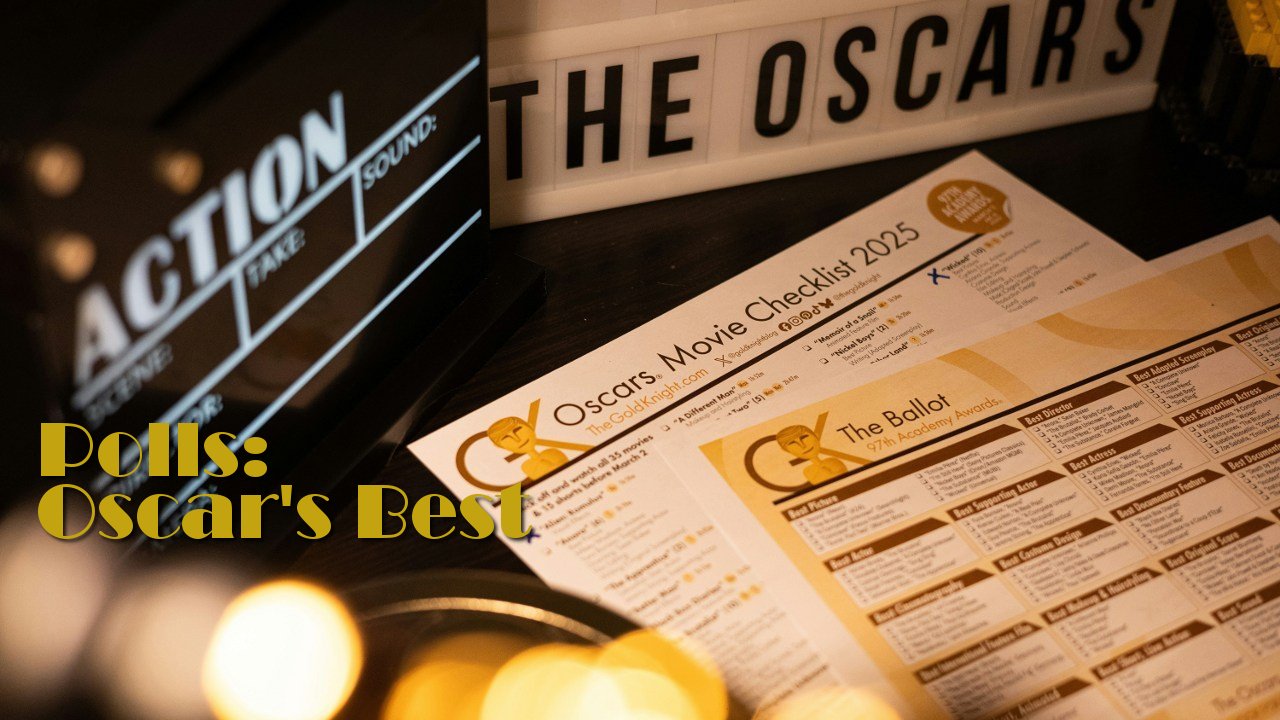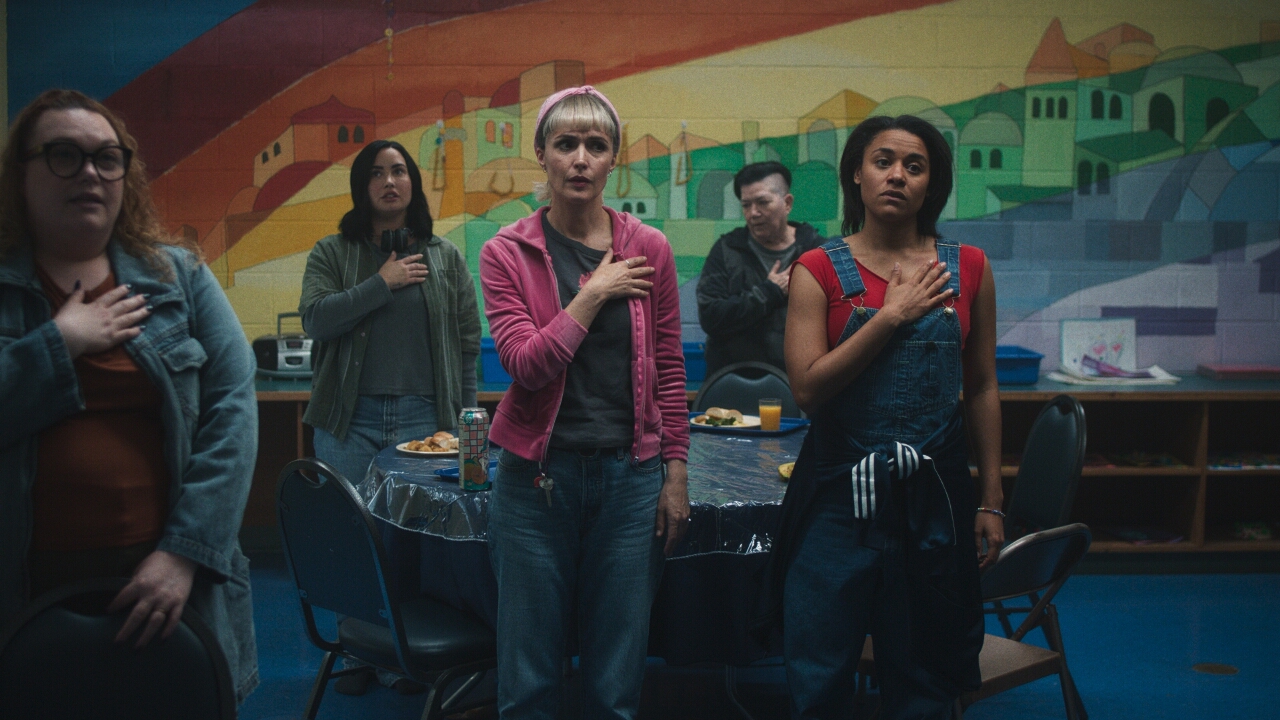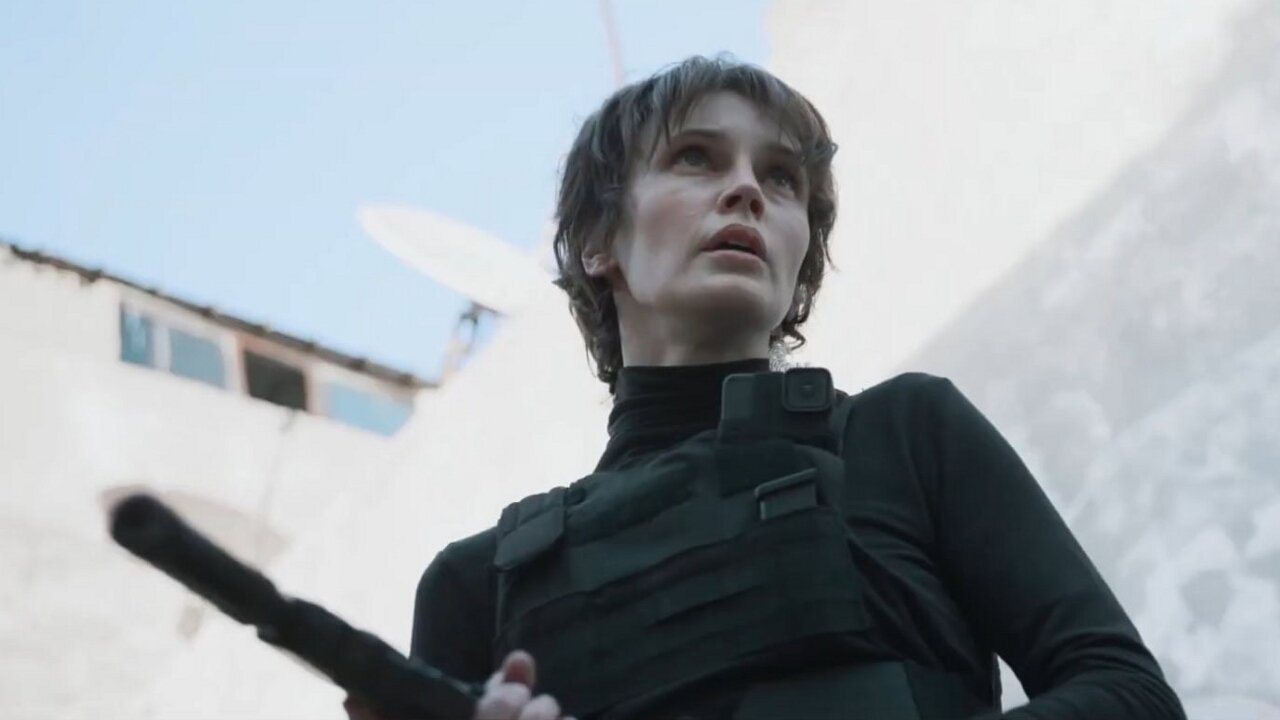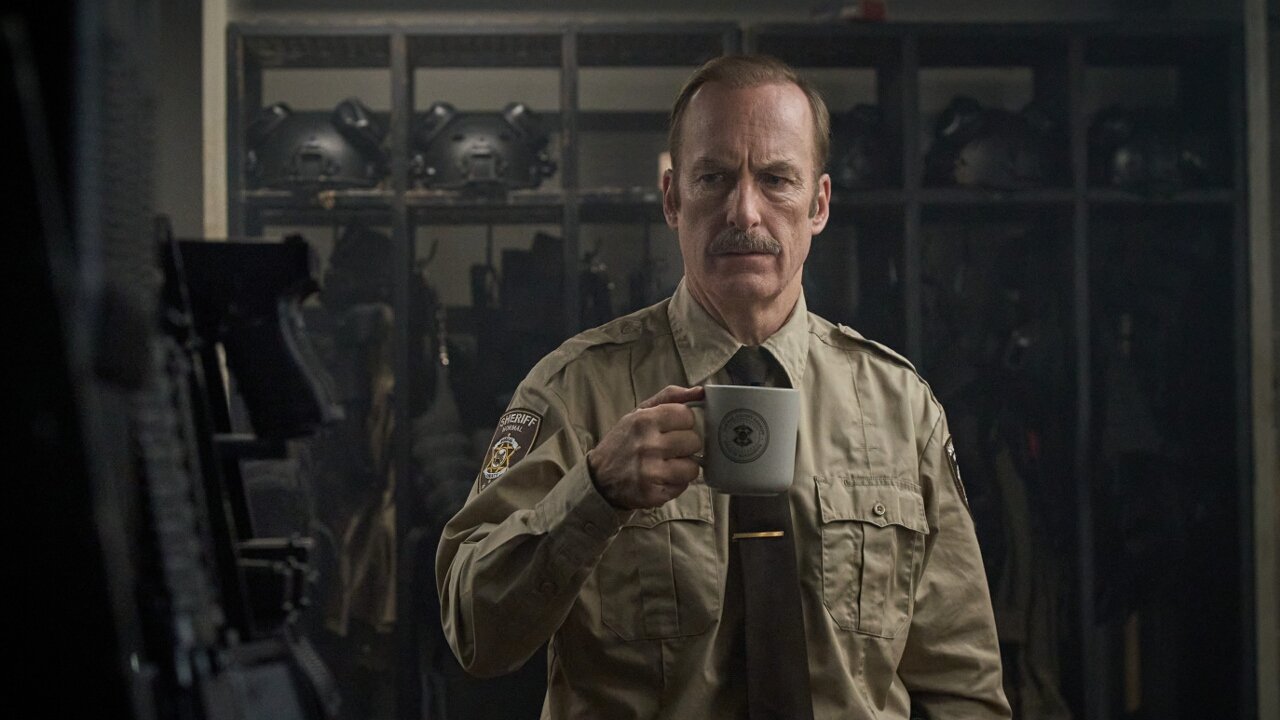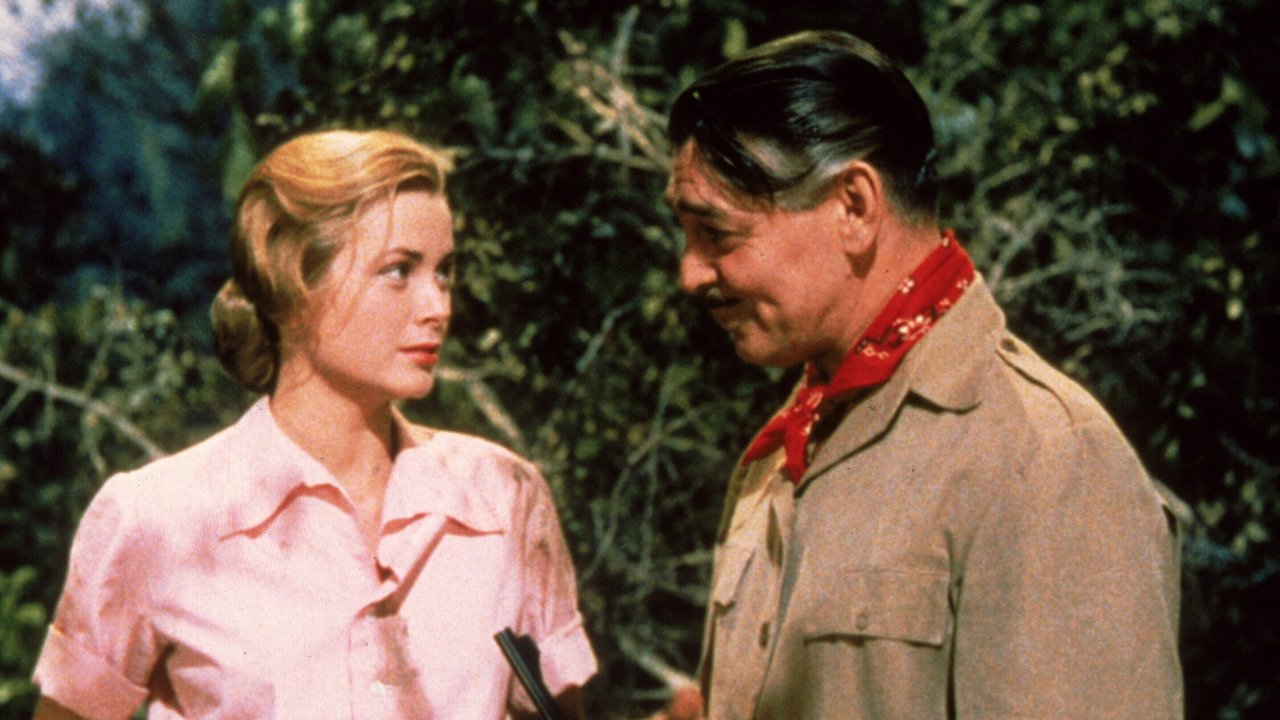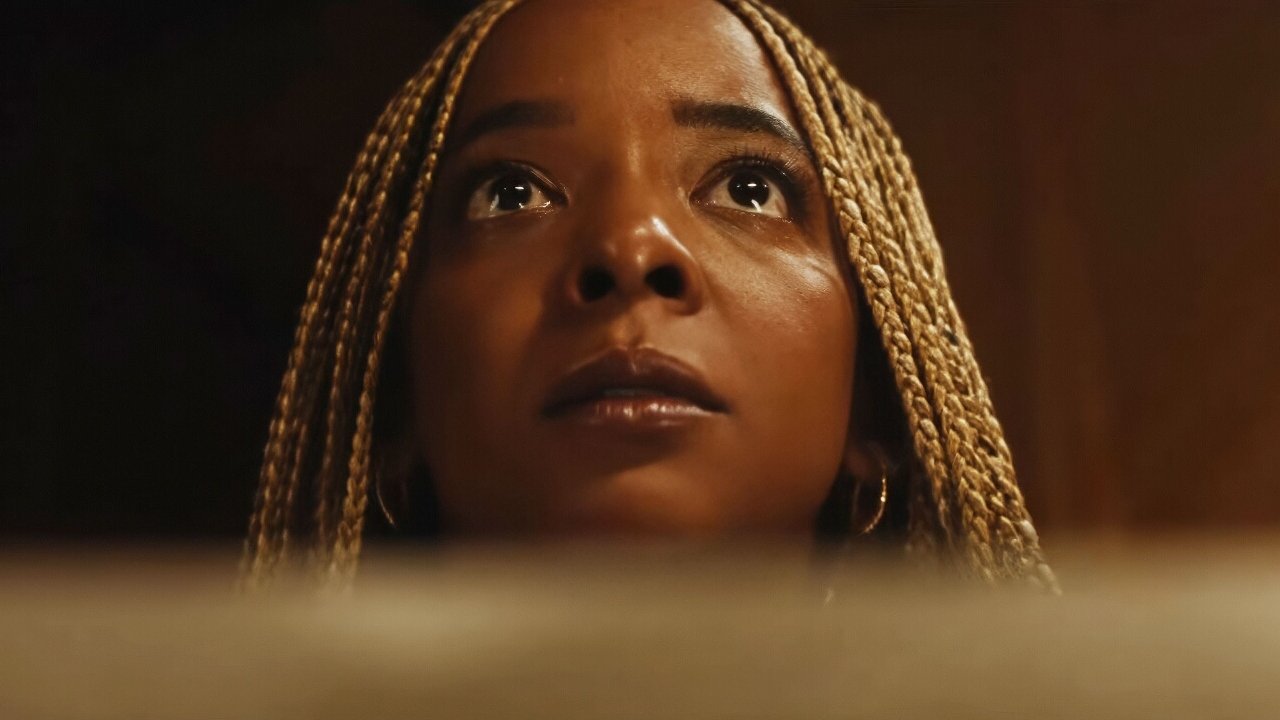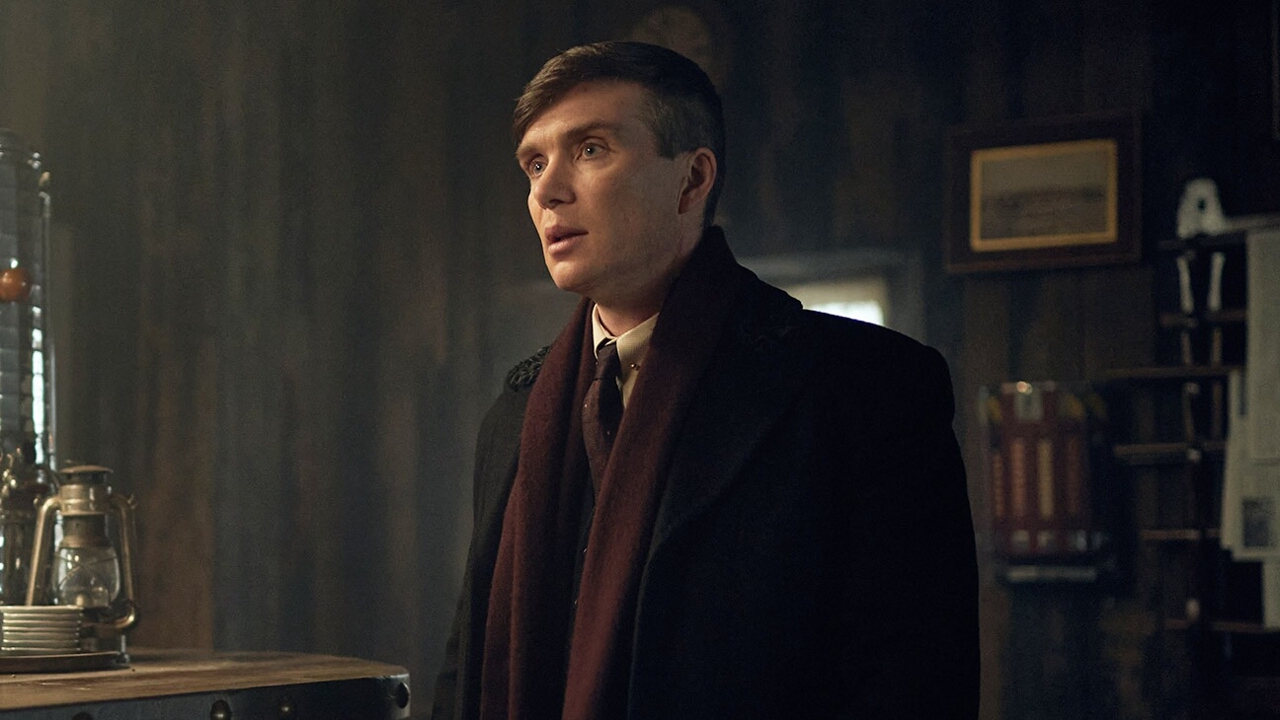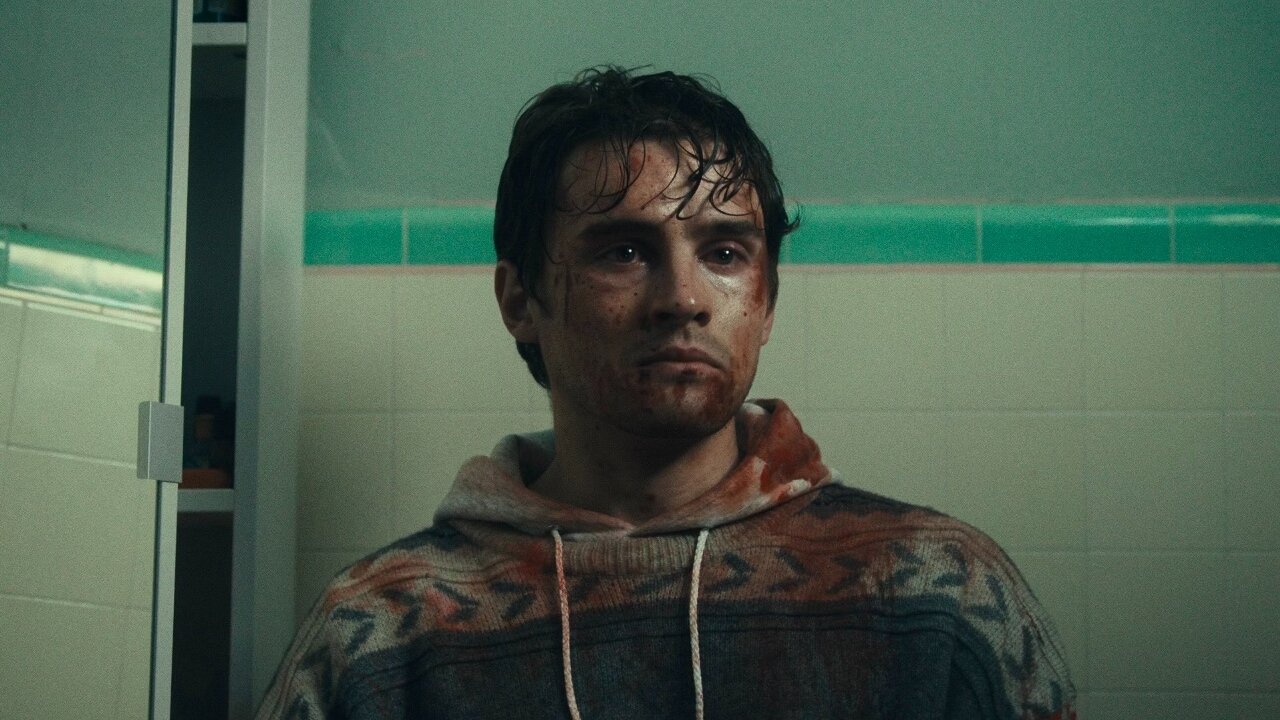-
Poll: Re-Awarding Best Original Screenplay, 2005
Return Links Polls Re-Awarding Best Original Screenplay, 2005 Now that we’ve finished rebuilding the nomination slate between 1997 and 2016 (we’ll do subsequent years after this series has completed), we will take those rebuilt slates and pick a new winner from among the nominees. In our eleventh pass, we take a look at the new
by
-
Film Preview: Tow (2026)
Page Revisions: (March 1, 2026) Original Release Date: March 20, 2026 Synopsis: From IMDb: “The true story of Amanda Ogle (Byrne), a homeless Seattle woman who fought her way out of tow-company hell to reclaim her life and car after receiving a tow bill for $21,634.” Poster Rating: C SEE ALL POSTERS BELOW Review: (#1,
by
-
Film Preview: Agent Zero (2026)
Page Revisions: (March 1, 2026) Original Release Date: March 13, 2026 Synopsis: From IMDb: “Badh is a French secret agent tasked with eliminating a powerful arms dealer in Syria. Betrayed by the French foreign intelligence, she disappears without a trace and rebuilds her life in Morocco, until the day her husband is targeted.” Poster Rating:
by
-
Looking at the Weekend: Mar. 6-8, 2026
An intriguing battle will be taking place next weekend, the latest attempt to revitalize the Pixar brand with Hoppers and a unique take on the horror remake front in The Bride! It could go either way but you have to bet on animation to take the top spot at this part of the year. OTHER
by
-
Poll: What Are You Watching? (Mar. 6-8, 2026)
Return Links Polls What Are You Watching? (Mar. 6-8, 2026)
by
-
Film Preview: Teenage Sex and Death at Camp Miasma (2026)
Page Revisions: (March 1, 2026) Original Release Date: August 7, 2026 Synopsis: From IMDb: “A queer director making a slasher franchise sequel becomes obsessed with casting the original film’s ‘final girl,’ leading both women into psychological and sexual chaos.” Poster Rating: – SEE ALL POSTERS BELOW Review: There was no poster immediately available for my
by
-
Updated Preview: Normal (2026)
New Trailer (#2) Normal, updated Preview Link: CLICK HERE for all of the new content as well as the original.
by
-
Home Viewing with Peter #974
Not only have home video releases slowed down, but the processing plants that print DVDs and Blu-rays have also slowed down or gone out of business. That’s one of the reasons for the slowdown of Warner Archive releases. Half of their January releases were delayed until early February and only a measly three Blu-ray upgrades
by
-
Updated Preview: Toy Story 5 (2026)
New Trailer (#2) — New Posters (#2-#3) Toy Story 5, updated Preview Link: CLICK HERE for all of the new content as well as the original.
by
-
Film Preview: Is God Is (2026)
Page Revisions: (March 1, 2026) Original Release Date: May 15, 2026 Synopsis: From IMDb: “Two sisters embark on an epic quest for revenge; confronting a charged family history that will push them to extraordinary lengths.” Poster Rating: C SEE ALL POSTERS BELOW Review: (#1, C) The title is confusing and the image is thematic but
by
-
Weekend Preview: Mar. 6-8, 2026
Below are seven previews for films opening next weekend. The Bride! (Wide) Cinema Sight Preview Hoppers (Wide) Cinema Sight Preview Dolly (Limited) Cinema Sight Preview Heel (Limited) Cinema Sight Preview A Magnificent Life (Limited) Cinema Sight Preview Peaky Blinders: The Immortal Man (Limited) Cinema Sight Preview Youngblood (Limited)
by
-
-
Film Preview: Peaky Blinders: The Immortal Man (2026)
Page Revisions: (March 1, 2026) Original Release Date: March 6, 2026 Synopsis: From IMDb: “During World War II, Tommy Shelby returns to a bombed Birmingham and becomes involved in secret wartime missions based on true events, facing new threats as he reckons with his past and rising national stakes.” Poster Rating: C / C+ SEE
by
-
Poll: Best of Mar. 2025, Wide
Return Links Polls What’s the Best of Mar. 2025, Wide?
-
Updated Preview: Obsession (2026)
New Trailer (#2) Obsession, updated Preview Link: CLICK HERE for all of the new content as well as the original.
by














